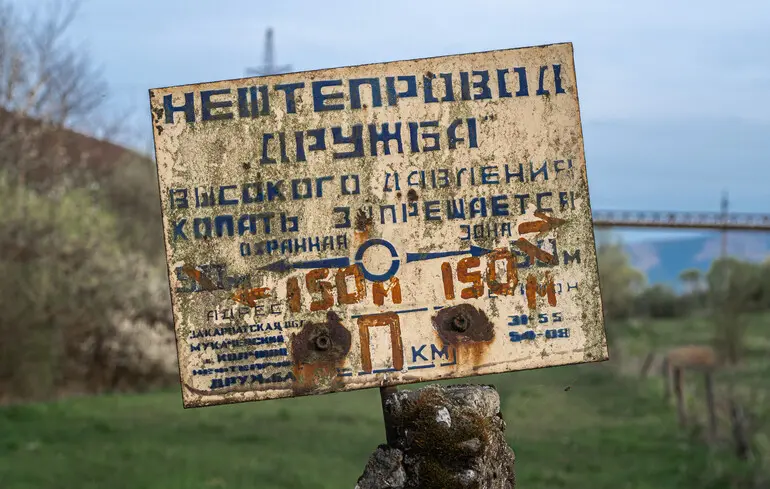Slovakia Resumes Oil Supplies via Russian ‘Druzhba’ Pipeline After Attack

Slovakia, one of Europe’s significant energy players, officially announced the restoration of oil shipments through the Russian pipeline ‘Druzhba’.
This development came as a surprise amid recent regional tensions caused by a series of attacks on critical infrastructure, notably targeting this strategic pipeline.
Deputy Prime Minister and Minister of Economy Denisa Saková posted on Facebook that the oil supply process has been reinstated, emphasizing that ensuring stability in the pipeline’s operation remains a top priority.
She expressed hope that the situation would stay under control and no further attacks would threaten energy security.
This news emerged alongside reports from Russia and Hungary, confirming that oil pumping through ‘Druzhba’ resumed as of August 22.
However, tensions remain high as Ukrainian unmanned systems attacked this pipeline for the third time in the vicinity of the Unenka station in the Bryansk region, which supplies oil to Slovakia and Hungary.
Slovak Foreign Minister Juraj Blanár condemned these attacks, stating they conflict with Slovakia’s interests and do not benefit Ukraine, but rather pose additional risks to regional energy security.
Conversely, Hungarian Foreign Minister Péter Szijjártó announced a ban on entry to Hungary and the entire Schengen zone for the commander of the military unit responsible for the pipeline attacks.
He argued that this was an attack on Hungary’s sovereignty and endangers its energy security, insisting that Ukraine must face consequences.
Ukrainian Foreign Minister Andriy Sybiha strongly criticized Szijjártó’s stance and called for a fair assessment of the situation.
He highlighted that the responsibility for these attacks lies with Russia, which routinely launches massive missile strikes on Ukraine, causing human casualties and energy crises.
Ukrainian officials also condemned the immigration ban on their officer Robert Bowdy, known as ‘Madar’, and emphasized the importance of joint efforts to safeguard regional energy independence and security.

